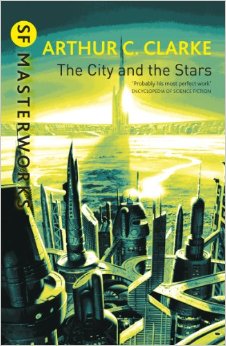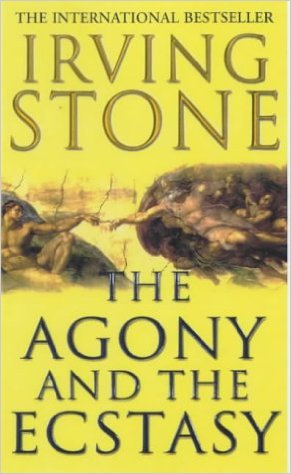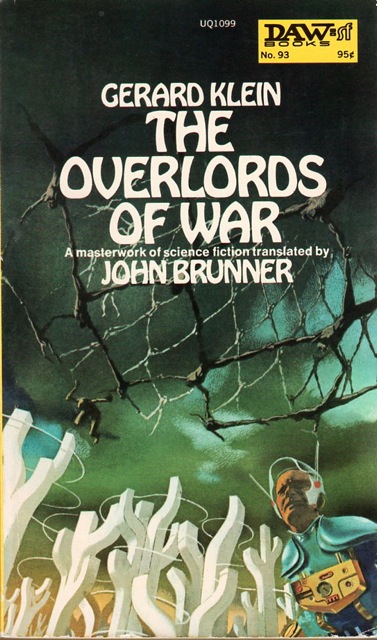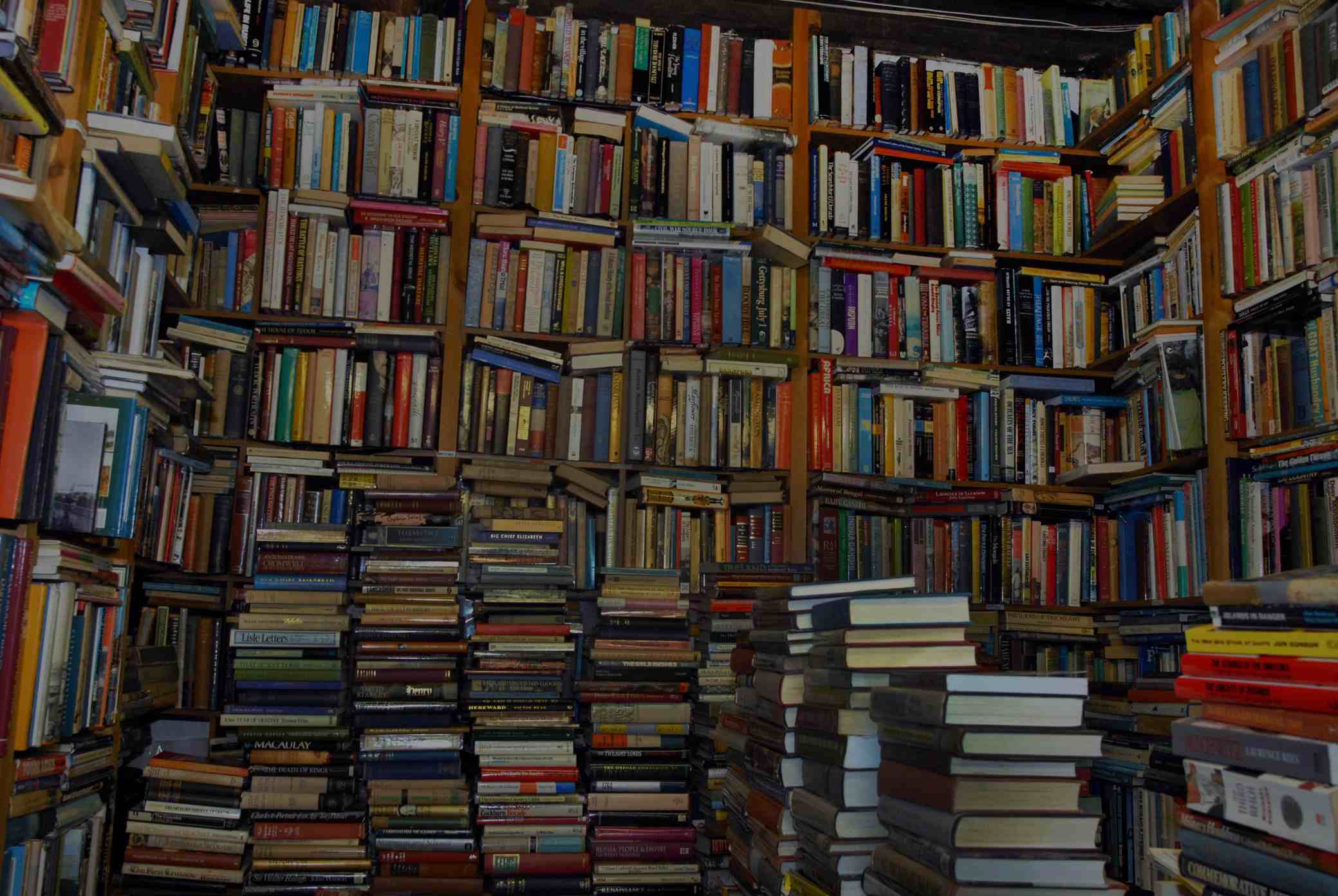 "I Love the Smell of Ink and Paper in the Morning"
"I Love the Smell of Ink and Paper in the Morning" The city and the stars
The city and the stars
This is one of my favorite SF novel and undoubtedly Clark's best work. It is about human destiny. The story takes place a few million years into the future. Actually I don't remember reading another novel that dare to make such long time predictions.
Everybody lives in Diaspar, the last remaining city on Earth. Unlike ordinary cities, Diaspar is eternal. Finally the science was able to control the matter at atomic level, so everything that decays can be restored. Including people, who are immortals. They live for a few hundred years, then their bodies are decomposed and conscience is stored in a giant computer. After a few tens of thousands of years the conscience is revived again into a new body. In this way huge number of people can share same city without overlapping, but still living hundreds of lives.
Nobody has to work because the computer provides everything. And since the people had evolved for so much time they finally get rid of the desire to accumulate wealth and power. Instead they dedicate all their life to pleasurable activities.
But of course an utopia can't exist even in a SF universe. First, nobody remembers how the computer or any other machine works. Because the machines are self-repairing. And second, everybody has a strong repulsion for crossing the city walls. This fear was artificially implanted in everybody's conscience millions of years ago by the city architects. And this is the main thing that keeps the closed ecosystem running for ages. Until a new person (Alvin) is materialized by the computer.
What makes Alvin special is that he never lived before! And also he is the only one that is curious to explore the outer world. His quests will reveal that Diaspar is not the only surviving city on Earth. And even more, he discovers that mankind once ruled the whole galaxy and build wonders beyond imagination. Before vanishing mysteriously.
The deserted galaxy that once was full of thousands of human inhabited worlds turns out not to be the place of a cosmic cataclysm but simply a step in human evolution. Because humanity didn’t just disappeared. It evolved to an immaterial form that is truly eternal. Diaspar’s inhabitants were nothing more that the conservative part of humans that opposed evolution. But their world contains a ticking bomb planted since the Dawn Ages, as it is revealed that Alvin was not just a random computer malfunction. His existence was secretly planned since the city creation by one of his architects who felt that the stagnant society was a wrong thing.
In the end, because of his actions, Alvin will involuntarily alter this paradise and the city inhabitants will have to face the reality.
I liked the symbolism contained in the book. Alvin represents Man’s curiosity and the desire to take risks and to explore. Nothing lasts forever, not even with the help of incredibly advanced technology.
Another interesting character is Khedron. It shares the same fear of the outside and lack of curiosity like all the other inhabitants, but unlike them, he spends his whole time devising ingenious ways to create trouble. He is the only unpredictable factor in a city where even weather is artificially controlled. He acts as a preplanned hazard element. He is constantly hunted but the computer is programmed to allow him access to restricted areas so he always manages to get away. Or, if he is cornered, he simply escapes into the future by walking into the “Hall of creation” where his body is dissolved and conscience stored for a next life.
There is also Vanamonde, who is found by Alvin during his quests on a deserted planet. Vanamonde is an artificial entity made of pure intellect. It has no physical existence but has immense powers. Even if he is a few millions years old he has a childlike character. It was the last megaproject of mankind and its purpose is to defeat the Mad Mind, a similar entity that was imprisoned in the Black Sun, an artificial star at the edge of the universe. Mad Mind was the first version of Vanamonde, but turned out to be an evil intellect because it’s creators tried to make it perfect from the beginning. This is the reason Vanamonde was designed to slowly mature by itself since such an intellect cannot be fully controlled by humans.
Just read this book!
 The Agony and the Ecstasy
The Agony and the Ecstasy
This was the first biographic book I ever read, many years ago, and I was afraid that it could be boring because it has around 500 pages. It turned out to be the kind of book you read in one breath. I remember my grandmother complaining that I skiped many diners because of it :)
The book is about the life of Michelangelo and Renaissance. Irving Stone spends arround 6 years documenting about the greatest genius in art history and the result was an absorbing reading that impressed me. And since I'm more a technical person with little interest in arts you can imagine that this book is quite good
 The Overlords of war
The Overlords of war
I got this book as a gift from my Mother when I was … 10 I think. It’s a pretty complex time travel war story intellectually challenging novel depicting the futility of war. To be honest I didn’t understand it very well until I read it again four years later when I found it way more interesting.
George Corson, the main character ends up in a cosmic sandbox that is in an eternal state of war between armies from all ages and all races. Some kind of hell. Warriors from Stone Age to distant future are fighting and dying only to be resurrected and start over again. Among all this chaos George is engaged in an intricate time travel sequence guided by some mysterious Gods whose identities will prove to be a big surprise.
I will not go into more details because an accurate plot description is not a trivial task for this book, especially since I read it such a long time ago.
What I can tell you is that many years after, I still find myself thinking about some ideas from this book.
